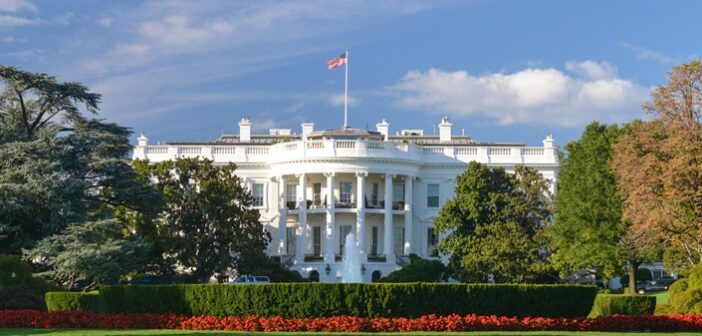After a dramatic week on the political front, it has been a turbulent week for markets.
The latest AHDB Grain Market Report shows both UK feed wheat futures (May-25) and the new crop contract (Nov-25) down from the close of February at £174.60/t. and £189.35/t respectively.
During the week prices recovered slightly on the news that there could be some exemptions to the tariffs imposed on imports of certain Canadian and Mexican goods into the US. For now, the tariff relief has only been announced for certain automakers for a month-long period, though President Trump is reportedly open to discussions over exemptions for other goods (LSEG).
As expected, China retaliated against the US tariff changes by announcing 10% and 15% increases to import duties on American agricultural goods. As a result of this trade dispute, analysts expect China will look to source more agricultural products from South America, Australia and Europe. This could potentially alter global trade flows and is something the AHDB advises growers to monitor.
Weather intensifies market pressure
Improving weather conditions across many regions has added to the pressure. Rain in Argentina at the end of February has benefitted the maize crop and harvest is underway.
Conditions across key wheat-growing regions in the Northern Hemisphere have also improved as of late, particularly lessening concerns in the US and Russia.
France has also experienced an upturn in the weather. However, concerns remain over the impact of heavy rains over the last few months. Soils in the country reportedly remain waterlogged, and as a result, it is expected that in some areas wheat fields will need to be re-planted.
The turmoil also impacted oilseeds. May-25 Paris rapeseed futures stand at €499.50/t, the Nov-25 contract at €481.50/t, down from February’s close.
Again, compounding factors played a part. Pressure on EU rapeseed markets came from a stronger Euro, as well as continued bearish sentiment in crude oil markets and the wider vegetable oil complex.
Further political shocks or any trade war escalation are likely to keep markets turbulent for a while.




